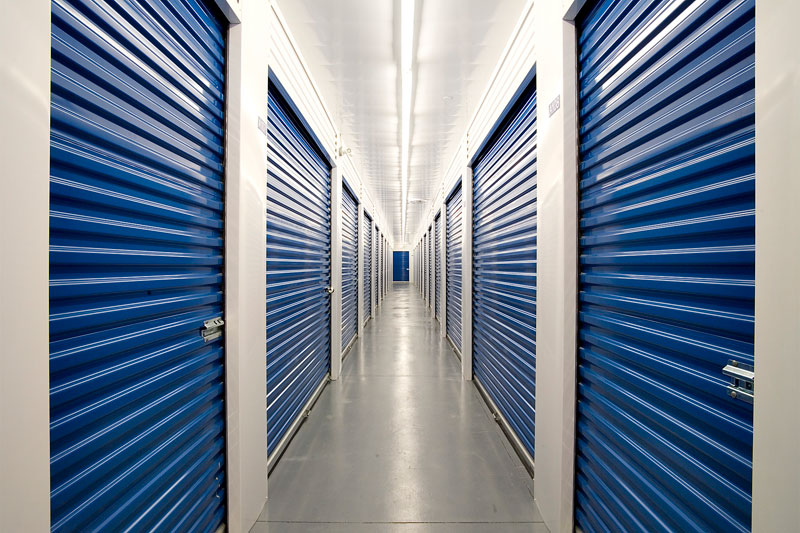I’ve spent some time the last month in packing, storing, and reordering, as I moved recently. It made me realise how much stuff I own: books I’ve read a long time ago, clothes I don’t wear, postcards and pictures reminding me of ancient times in my own life, scientific articles to prepare my thesis while in university, all kind of random small objects… so much stuff!
When I was in this reflective mood, I met a guy who has a lot more minimalist approach to life than I did. I’ll call him Alex, because that is his name. Alex lived in various countries throughout his life, and ended up in Brussels around a year ago. He rents a room here, and all his own possessions fit in two suitcases. (Funnily, he admitted he owns seven pairs of underwear, so he needs to do laundry at leat once per week, but is thinking of buying more of them).
Alex doesn’t necessarily define himself a minimalist, but there any people who do. For some, it means picking a certain lifestyle which is less about stuff and more about experiences. For others, there clearly is a sport in it to count and reduce the number of items they own, to 288 items only, to 100, or even 50 or below. Some go by with less than seven pieces of underwear. To be honest, most of cheat a little: they may count three pieces of underwear as one item!
Does less stuff equal more happiness?
Have the minimalists found a pathway to happiness in a time when storage centers are booming business? The science on stuff and happiness is not that clear. According to this post, minimalism is a tool that can help people reassess their priorities. For instance, when the focus shifts away from owning stuff and towards spending money on experiences or social relations, that is something that contributes to happiness.
From research on the relation between consumption, money, and happiness, we know for a long time time that there are ‘hedonic adaptation’ and a ‘hedonic treadmill’ effects. Once we acquire something new, we quickly get used to it, and need to buy other things again to retain this feeling. Hence, material goods do not create lasting happiness, and we up storing boxes and boxes of stuff outside our house.
To the contrary, spending money on special experiences works, says professor Michael Norton. You might not remember anything anymore about the experience of buying a piece of clothing five years ago. But I bet you remember a special outing you did, like going skydiving or a hike with friends.
It’s decluttering and ordering, not minimising, that matters
One of the great benefits of minimalism, wrote one of the bloggers I read, is the following: you never have to look search for anything, and cleaning your apartment takes only a couple of minutes. But all good virtues come in moderation. A couple of more extreme people like Alex aside, probably most of us are better off with just a bit less and better organised stuff, not a minimal amount of stuff.
Looking at blogs and book titles, there is an enormous hype around ‘decluttering’. This term simply means clearing ‘clutter’ out of our houses and our lives, by throwing (or giving) away clothes, books, and household items you don’t need. When all your stuff is in your life and your house for a reason – be it because of a practical use, or sentimental value – you’re in a situation where less is more.
Am I tempted to throw away all my books and become a minimalist? Absolutely not. I have selected and re-selected my collection, and I cherish those books I’ve kept. I like to believe that everything I own is there for a reason.
These chaps may disagree. But to me, it’s not the number of items in your life that counts, but the life in your items.

